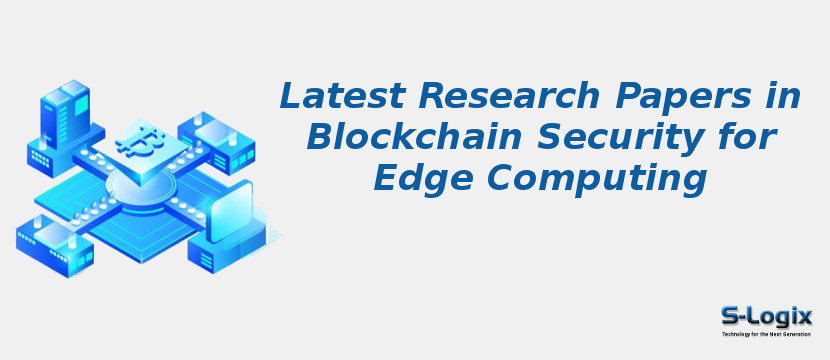Blockchain security for edge computing research investigates how decentralized ledger technology can safeguard data, services, and communication in distributed edge environments where devices operate with limited resources and high heterogeneity. Research papers in this field focus on using blockchain to ensure data integrity, trust management, and secure access control across edge nodes, preventing threats such as data tampering, unauthorized access, and insider attacks. Studies highlight applications where blockchain enables decentralized authentication, secure resource sharing, and tamper-proof logging for IoT–edge–cloud ecosystems. Smart contracts are explored for automating service agreements, workload offloading, and real-time edge transactions, while lightweight consensus protocols are proposed to address latency and energy constraints. Researchers also analyze challenges like scalability, interoperability with cloud and IoT systems, storage overhead, and privacy concerns, suggesting hybrid architectures that combine blockchain with edge/fog computing and off-chain solutions. Overall, this body of research emphasizes blockchain’s potential to provide transparent, decentralized, and resilient security frameworks tailored for edge computing infrastructures.
